When it comes to applying to medical school, it's easy to focus solely on academic scores, research achievements, and clinical experiences. However, medical schools are interested in other aspects of your personality—other aspects that can make or break your ability to be a good physician. This article looks at some of those qualities and describes the types of activities and experiences you can include in your application to signal that you’ve developed them.
Service Mindset
Some medical school applicants are interested in the field because of a passion for science. Some may just be interested in pursuing a prestigious career. At its heart, however, medicine is a service provided to others. Medical schools will look for signs that you are genuinely driven to serve and care for other people.
On your application, make sure you include any volunteer work, community service, or involvement in organizations dedicated to helping those in need. In your personal statement, make sure you include a description of a time you discovered the importance of service or were inspired to serve by someone else’s example. If you’re interested in working with a particular community or concerned with helping treat a specific disease, mention that, too. Anything that shows you want to help solve a healthcare problem can communicate your service mindset.
Resilience in the Face of Adversity
The medical career path is full of obstacles, difficulties, conflict, and setbacks. Medical schools want to know you have the capacity to overcome these obstacles with resilience and grace. We’ve written before about describing situations of adversity on your medical school application, but it’s worth re-stating some of the main points here.
First, explaining how you’ve overcome adversity is not about trying to elicit pity or admiration in the admissions committee. Instead, it’s about showing them how you have managed stressful situations. How did you mobilize resources to help overcome the obstacles in your way? How did you regulate your emotions during times when you could have given up or lashed out? Describing how you persevered in the face of difficulty gives admissions committees reassurance that you have a foundation of resilience to build on when the going gets tough—which it will, both during and after medical school.
Communication Skills
Communication is crucial both to effective collaboration in healthcare teams and empathetic patient care. Communication is more than just speaking well or using medical terms accurately. Communication involves careful listening, checking for mutual understanding, and fostering trust. Medical schools want to know that you can connect with the many people you’ll need to relate to during your medical career.
You can demonstrate clear communication in your application by mentioning instances when you worked to defuse a conflict, clarify your understanding of someone else’s point of view, or found a way to reach across a divide. You can also ensure that everything you write in your application demonstrates standard grammar and punctuation, and uses clear, strong language with minimal jargon.
Cross-Cultural Adaptability
American society has always been diverse, but it is becoming ever more diverse as time progresses. A willingness to understand how differences in culture can impact people’s experiences and expectations of healthcare is key to success as a practitioner—especially when working with patients who come from backgrounds likely to experience disparities in healthcare treatment. On your application, take time to show that you have tried to understand cultures outside your own, and that you’re willing to work to understand where others are coming from.
Many life experiences and activities can demonstrate cultural competence. If you grew up speaking more than one language, learned another one to fluency, or volunteered in a community different to the one you were raised in, you have concrete examples of your cultural competence you can point to.
Leadership and Teamwork
Healthcare is becoming more collaborative. As a physician, you’ll need to be able to work with everyone from imaging technicians and nurses to surgeons and hospital board members. You’ll also need to be able to make leadership decisions as you progress throughout your career.
Any experience you have in these areas should be included in your application. Whether it's leading a volunteer initiative, participating in team sports, or collaborating on research projects, showcasing instances where you have taken initiative and worked well with a team can strengthen your application.
Final Thoughts
While academic achievements and work experience are essential components of your medical school application, non-academic qualities play a significant role in how admissions committees consider you—they are, after all, trying to decide whether you would make a good doctor, not just whether you’d make a good medical student.
As you prepare your application, remember to showcase these non-academic qualities that can indicate the kind of colleague and physician you’ll be, and the impact you plan to make on the lives of patients.



